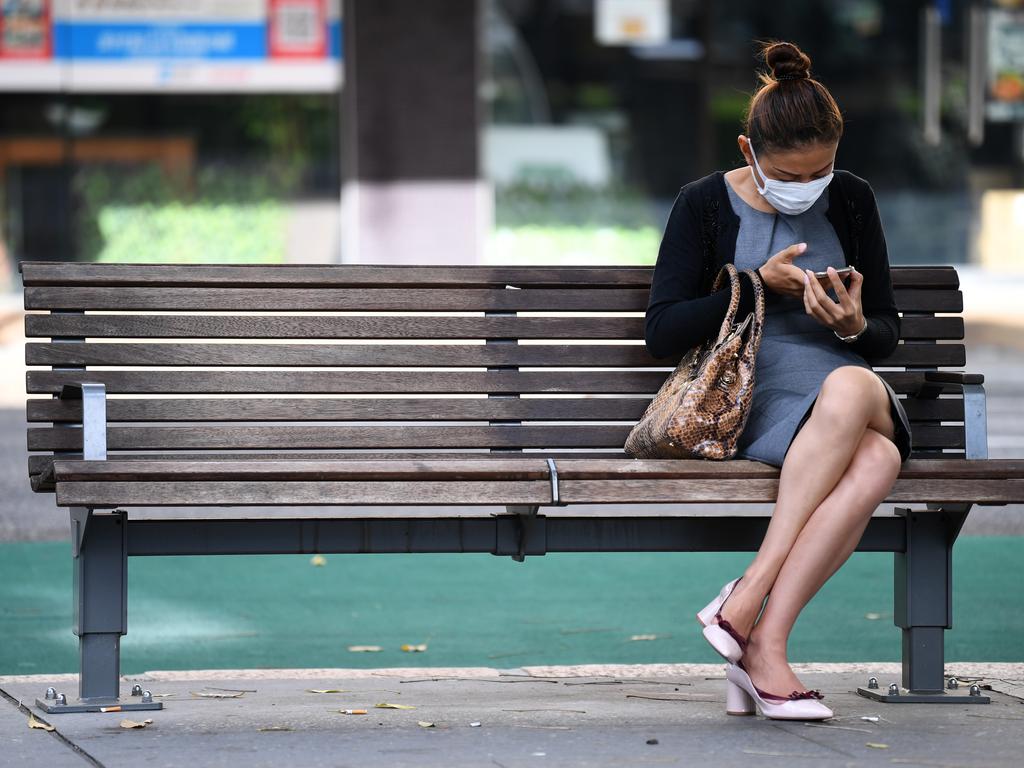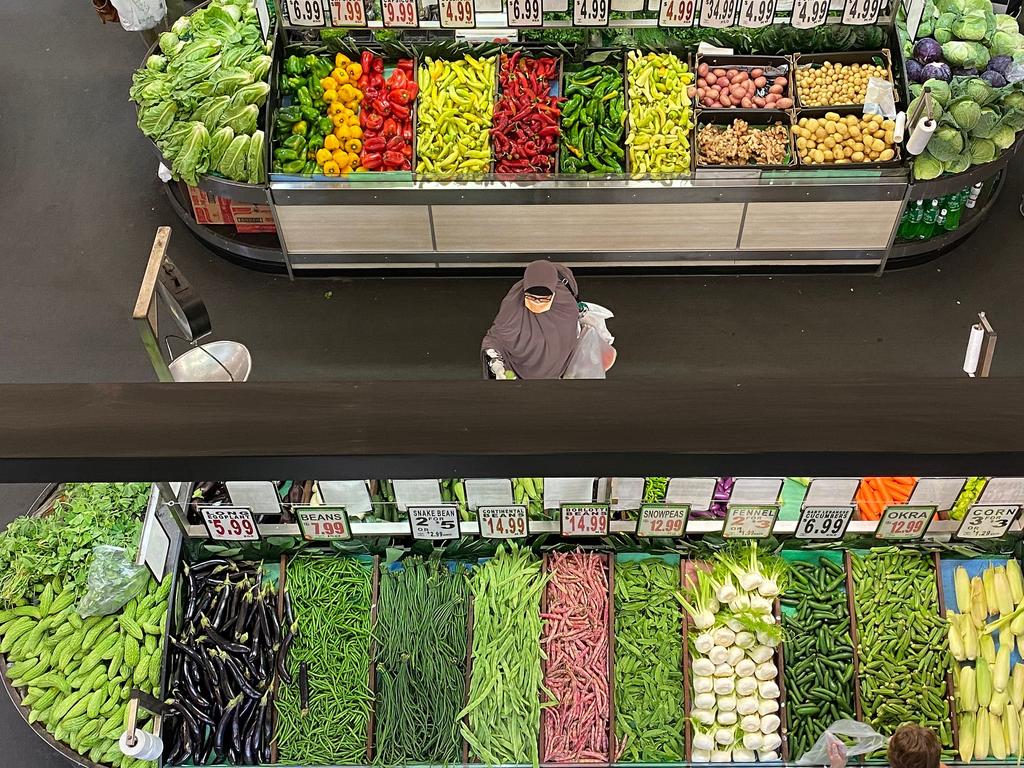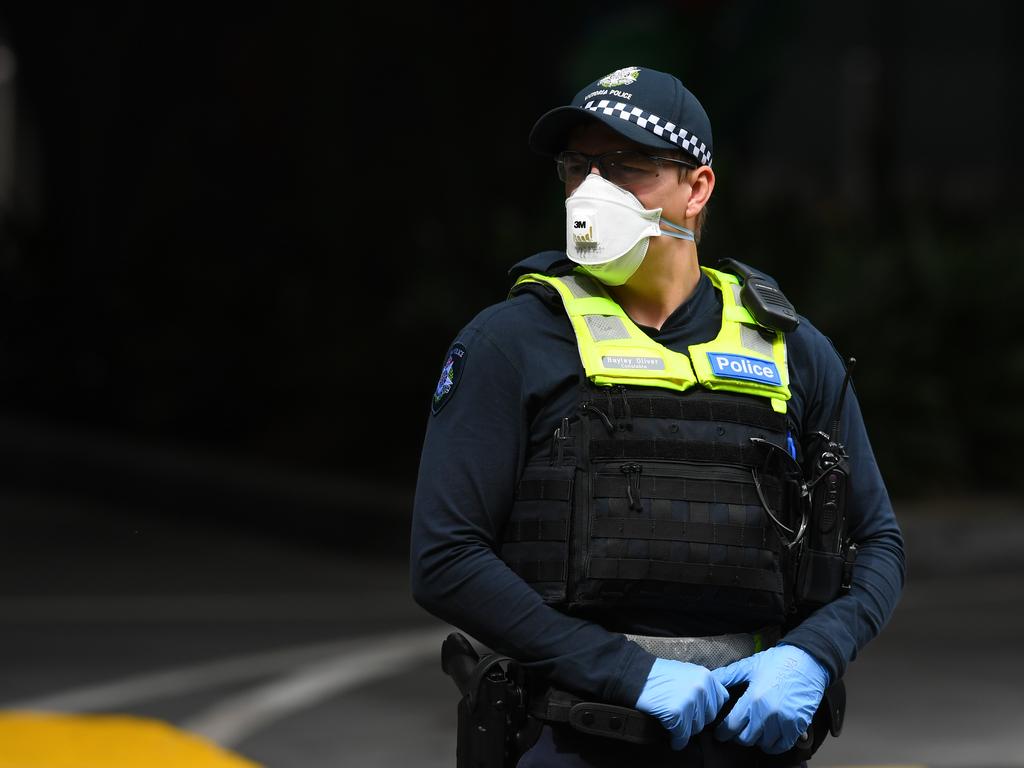Coronavirus Australia: Should I dob in friends who are doing the wrong thing?
There are few character traits that Aussies despise more than dobbing. But as coronavirus spreads, should snitches be hailed as heroes?
COMMENT
I ran into an acquaintance named Mark yesterday. While I’m doing my best to stay at home (as medical professionals are urging us to do to prevent the spread of COVID-19), I was taking my daily walk around the park.
It’s the only time I’m allowing myself out of the house. I’m going stir crazy, but I figure it’s the least I can do. It’s for the greater good.
We said hello, standing the required 1.5m apart for social distancing. I asked how he was doing and he jauntily told me that he and a few mates, also in their early 30s, had caught up the night before at his share house for drinks.
At the beginning of the evening they were practising social distancing. By the end of the night when they were all full of booze, they were laughing and hugging.
He then said, “I kind of just want to get the virus early and get it over and done with, ya know?”
This irked me on two levels. Firstly, there seems to be a problem with some people not taking social distancing seriously, as they feel they’re robust enough to fight the virus off. But that’s showing blatant disregard for the at-risk members of our community, like the elderly or people with weakened immune systems who you may in turn infect.
Secondly, Mark works for a good friend of mine, Dan.
RELATED: Follow the latest coronavirus updates
RELATED: Extraordinary virus restrictions imposed

I knew that Dan had been working around the clock to recalibrate the way his business was operating, to keep his staff (of around 40 people) healthy and safe.
He was training his employees to diligently use masks, gloves and hand sanitiser while they worked.
He could no longer buy hand sanitiser, so he was making it himself from scratch.
He stayed up until the wee hours restructuring rosters, to limit any spread of infection.
He was doing all this for both selfish and selfless reasons: he knew that if the virus broke out in their workplace the business would likely be shut down and he’d no longer be able to pay his staff.
But he also genuinely cared about the wellbeing of the people he employed and wanted them to feel safe coming to work. So Mark’s cavalier story about his midweek bender alarmed me on my friend’s behalf.
Since then I’ve been wrestling with the question: am I obligated to tell Dan about what Mark said?
It’s not sitting well because one thing that truly flies in the face of the Australian spirit is dobbing. The concept of “telling on” anyone has been looked down on since we first stepped into a schoolyard – to the point where the idea of it makes many of us physically uncomfortable.
RELATED: How ‘flattening the curve’ saves lives
RELATED: Blood types more at risk of infection

But this isn’t just “keep your mouth shut when you know a colleague has called in sick because they’re hungover”. This is bigger. Our world is in crisis.
The ramifications of Mark’s behaviour could not only shut down my mate’s business and affect the livelihood of all his staff, but it could be potentially deadly for members of our community.
The way this pandemic plays out comes down to the choices each of us make as individuals. And that includes me, and this debate about whether to speak up or not.
My neighbour Kate had to make a similar decision earlier this week. She was going down in the lift in our apartment block when another resident (who had just returned from Los Angeles) hopped in, looking fairly sheepish.
This woman was meant to be strictly self-isolating for 14 days after returning from overseas. But Kate saw her leave the building and head down the street towards the shops.
Kate called and reported her to the police.
RELATED: Should pregnant women self isolate?
RELATED: What are the coronavirus symptoms?

Last week, The Age posted an article about a wealthy Melbourne couple who flouted self-isolation advice after they returned from an Aspen ski trip and tested positive for COVID-19. Despite being advised by medical professionals to isolate at home, they were spotted soon after at the shops and a golf course.
The people who saw them knew they should be self-isolating and reported them to police.
A friend of the couple claims the pair were “victims of a smear campaign by ‘bored housewives’”. Which is a statement that reiterates how dobbers are often perceived. Rather than being seen as doing their civic duty to stamp out this virus and bring a halt to the deaths and job losses (and god knows what other awful ripple effects this pandemic will bring), these people are seen as busybodies and snitches.
I never thought I’d say this, but I hope we embrace that most un-Australian trait of dobbing in this strange and shaky time. Because frankly, there are members of our society who are being selfish and ignorant and the repercussions of that behaviour are potentially horrifying.
Now I have to heed my own advice and make a call to my mate that I’m not looking forward to. But I guess it’s better to speak up and be thought of as a snitch, than look back and deeply regret not doing all you can to help right this sinking ship.



